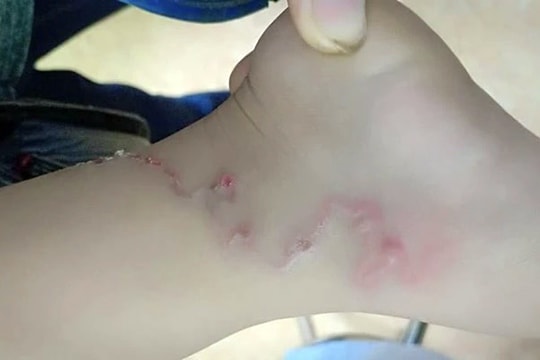9 Houseplants That Can Be Harmful to Pets
Your pet can be poisoned if it swallows the leaves of certain indoor plants such as peace lilies, aloe vera, and philodendrons.
Growing plants indoors brings many benefits. They help purify the air, freshen the space, and even reduce stress and fatigue for people. However, not all plants are suitable as indoor plants. For pet owners, you need to be more careful because some plants contain substances that are dangerous to dogs and cats.
The SpruceA roundup of popular indoor plants that aren't pet friendly.
Peace Lily(Other names: Peace Lily, Peach Lily)
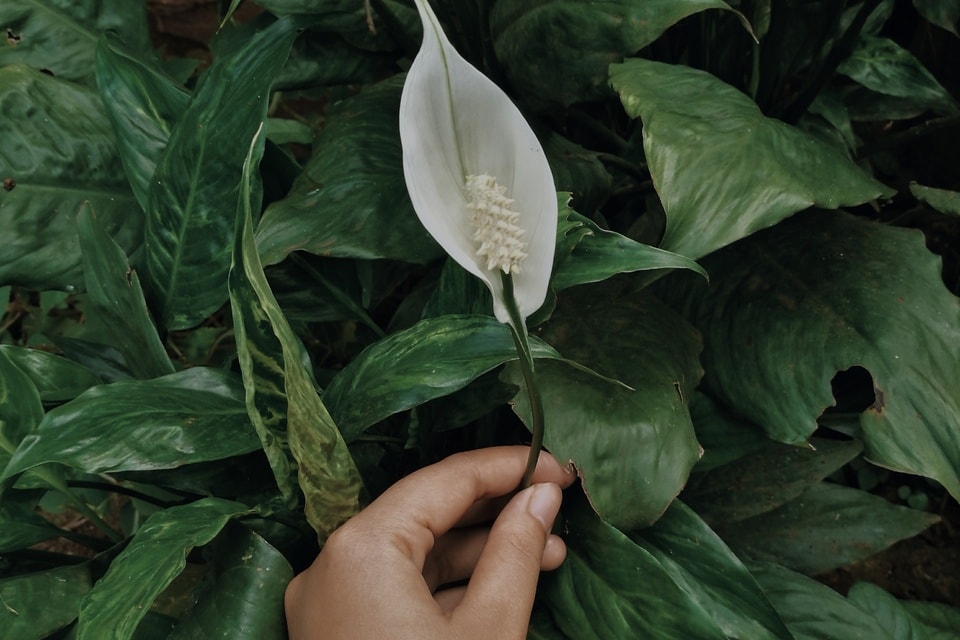 |
| Photo: Pexels |
Peace lilies are one of the most popular indoor plants. They have dark leaves, white flowers, and are easy to grow and care for. Therefore, they are popular and displayed in both indoor and outdoor spaces.
However, peace lilies contain a toxic substance called calcium oxalate. If eaten by dogs or cats, this poison will cause pain and swelling in the mouth, and even cause vomiting.
Aloe(Other names: Aloe Vera)
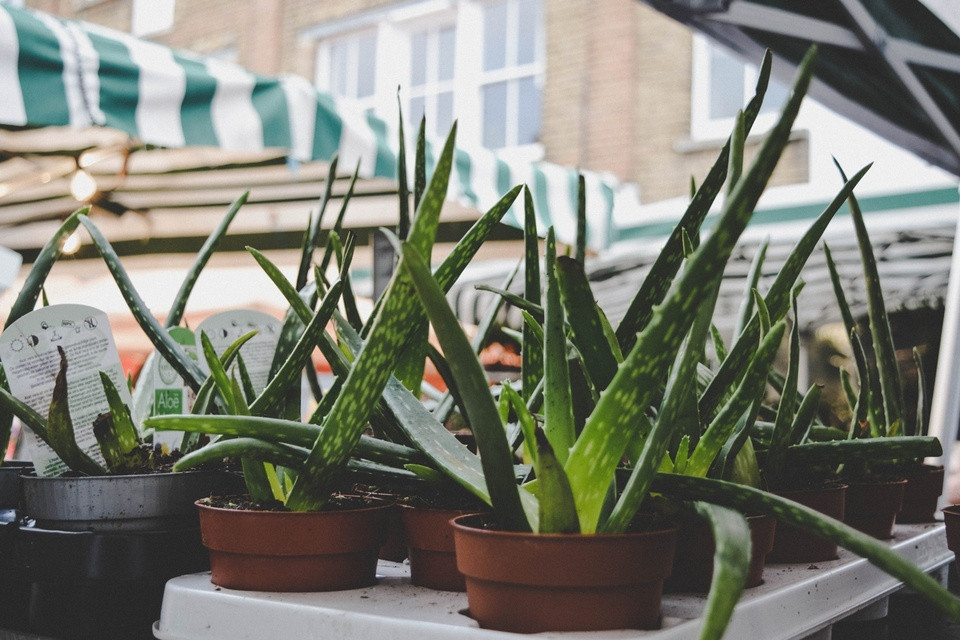 |
| Photo: Pexels |
Aloe vera plants are commonly grown indoors because of their many uses such as beautifying, treating minor burns, healing wounds, etc. This plant has many useful uses for humans, but is harmful to pets if they accidentally swallow it.
Eating aloe vera leaves can cause vomiting, digestive problems, and even coma in dogs and cats.
South American Pothos(Other names: Monstera Deliciosa)
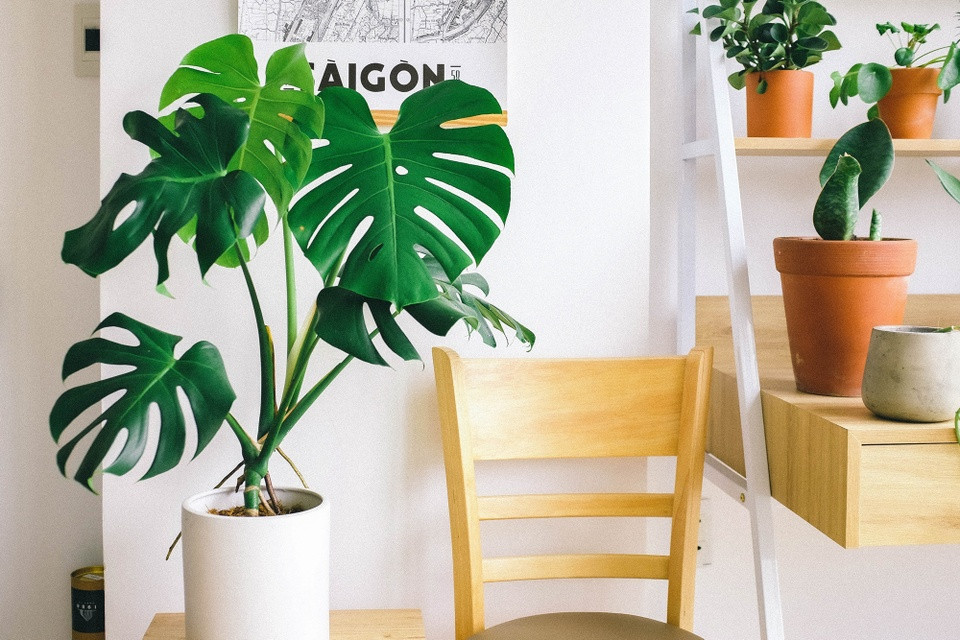 |
| Photo: Pexels |
Pothos is a tropical plant that is often grown indoors as a decorative plant. It has beautiful, attractive leaves, but you should consider carefully before planting it if you have pets.
Accordingly, the poison in South American pothos will cause pain, swelling of the mouth, tongue, lips, drooling and vomiting in dogs and cats.
Jade(Other names: Jade Plant)
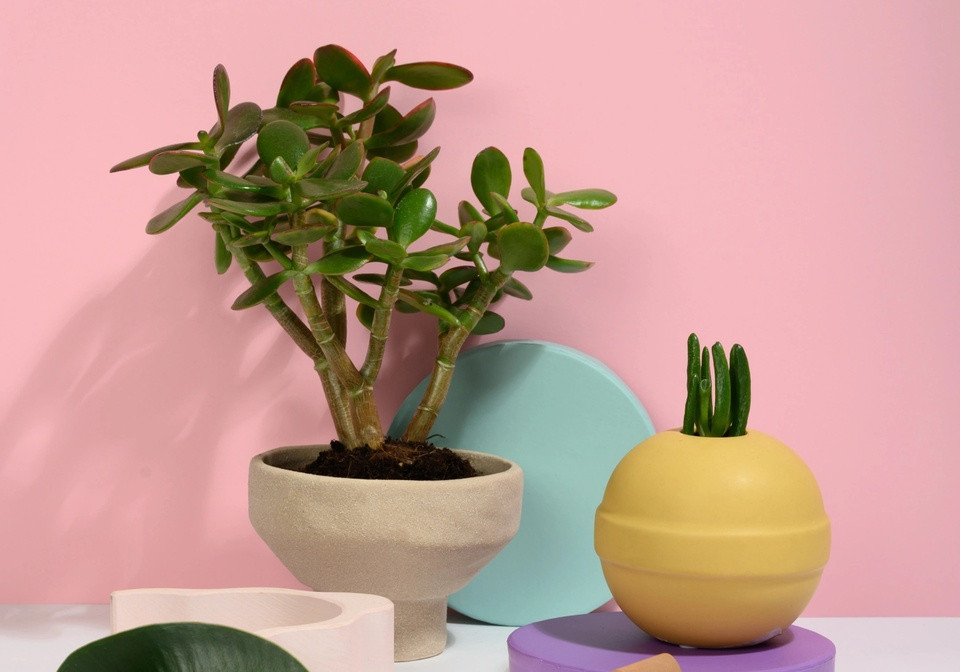 |
| Photo: Pexels |
Jade is a type of succulent plant. It is a beautiful plant with thick, green leaves.
However, dog and cat owners need to be very careful with this plant.
If parts of the jade plant are swallowed, pets will experience serious reactions such as stomach pain, irregular heartbeat...
Tiger tongue(Other names: Tiger tongue, Tiger tail, Snake Plant)
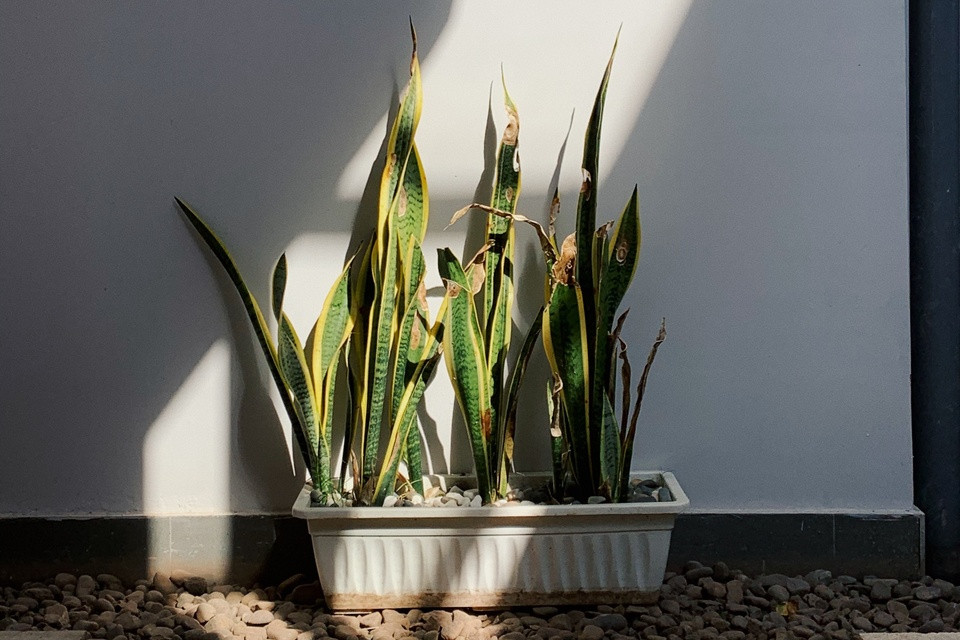 |
| Photo: Pexels |
Snake plants are one of the most popular indoor plants. They can survive in harsh conditions and also improve air quality.
Snake plants are safe for humans, but dangerous for dogs and cats.
Specifically, if accidentally swallowed, pets will experience nausea and diarrhea.
Ivy(Other names: English Ivy)
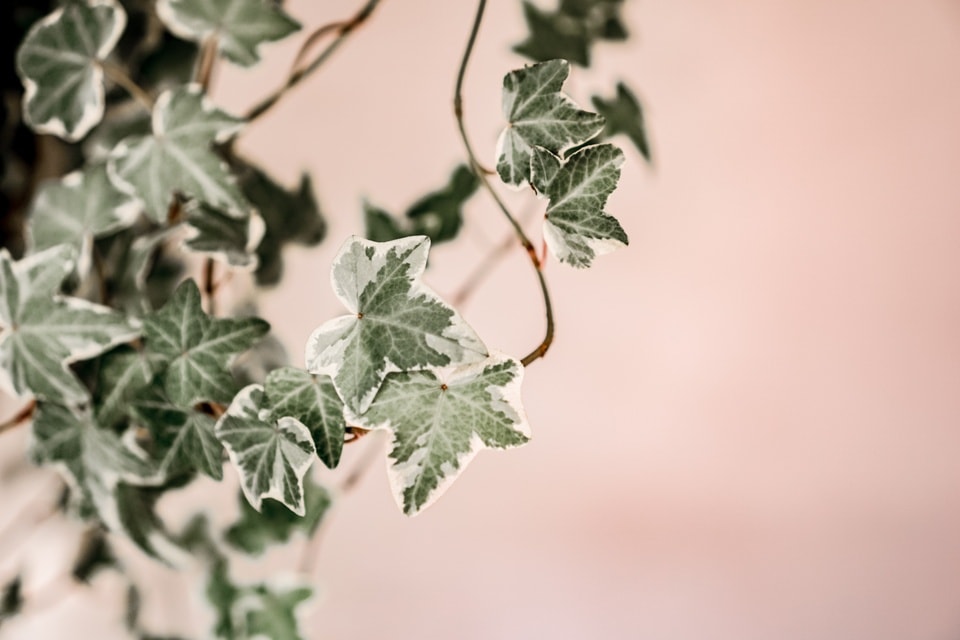 |
| Photo: Pexels |
Ivy climbing plant, very suitable as indoor decoration plant.
This plant often has long branches that hang down to the ground and easily attracts dogs and cats.
It is dangerous for pets to eat ivy leaves. The poison in the leaves will cause vomiting, stomach pain and diarrhea.
Dieffenbachia(Other names: Dieffenbachia)
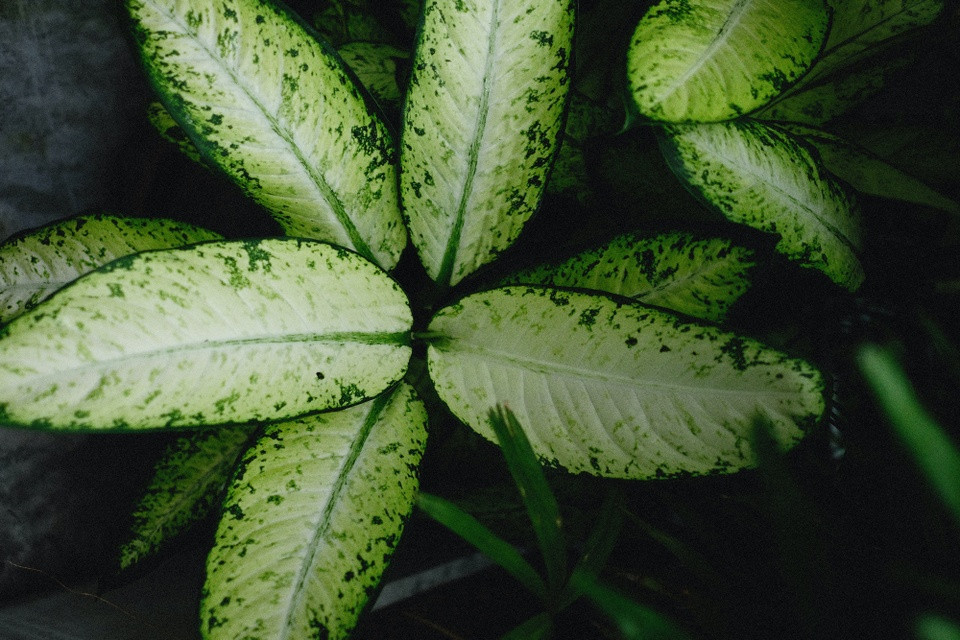 |
| Photo: Pexels |
Dieffenbachia is a very popular plant grown in families. However, this is also one of the plants that you should not grow if you have dogs or cats.
If the leaves are eaten, pets will experience poisoning symptoms such as inflammation of the tongue, throat and lips.
Even more severe, dogs and cats can become blind and have respiratory failure.
Pothos(Other name: Pothos)
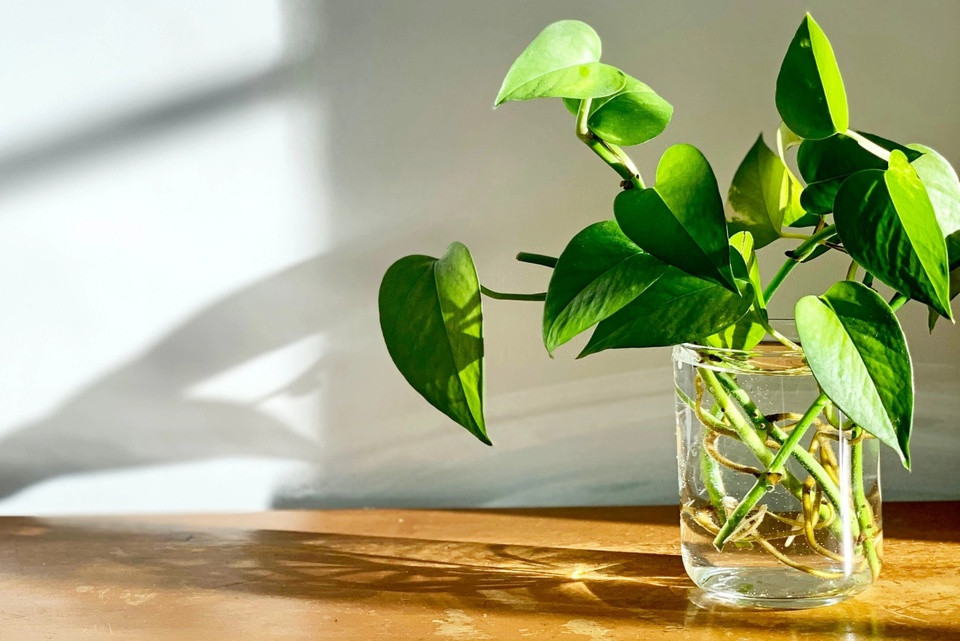 |
| Photo: Pexels |
Pothos is a small-leafed plant that can be grown in soil or hydroponically. This plant grows easily indoors and often droops down to the ground, creating a beautiful display.
However, people who raise dogs and cats should be careful when growing pothos.
All parts of the pothos plant, including the roots and leaves, can be harmful to pets. Common symptoms of poisoning include diarrhea, vomiting, and even liver failure.
Sago brush(Other name: Coontie brush)
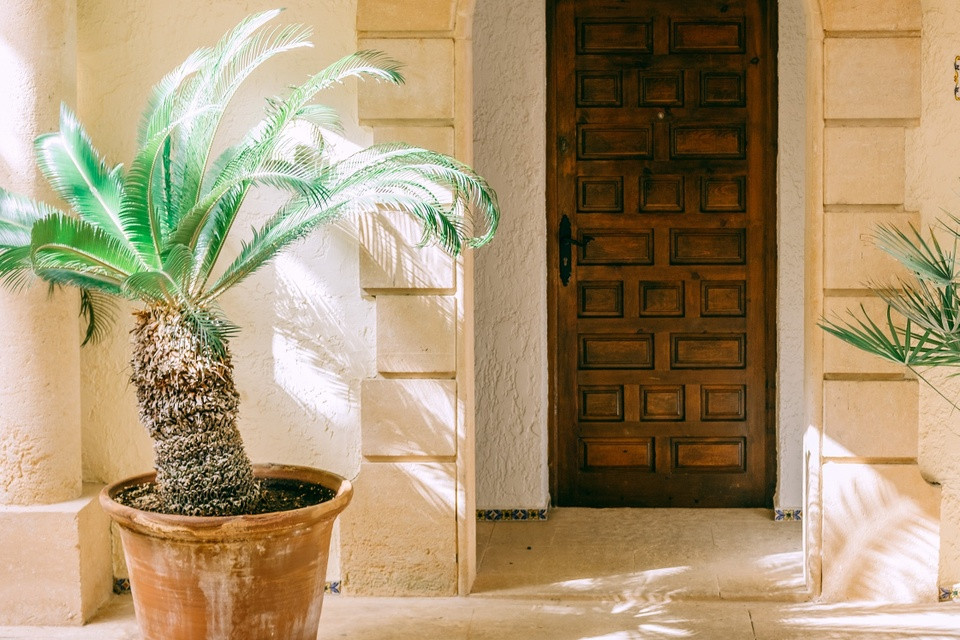 |
| Photo: Pexels |
Sago palm is one of the plants that is considered very dangerous for dogs and cats. The toxic substance in this plant, cystasin, is the cause of symptoms such as vomiting, blood clotting disorders and liver damage in pets.
If you have a sago palm in your home, keep it out of reach of pets. Veterinarians even advise against having this plant in your home if you have dogs or cats.




